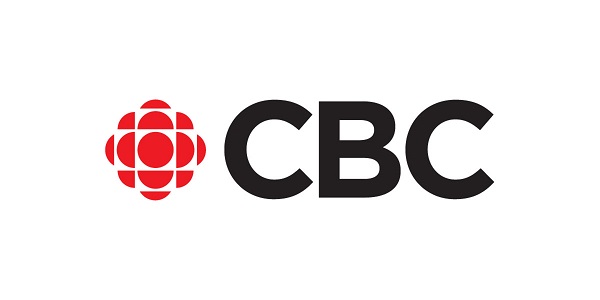
By Denis Carmel
GATINEAU – In the world of broadcast regulation, it’s thought to be good form to requote what the CRTC chair has said in the hope it will earn you a favourable decision. Ian Scott’s quote in our headline seems to be central to the proceeding into the renewal of the CBC’s broadcasting licences, which completed day 11 on Monday.
CBC leadership have repeated our headline (which was uttered on day one), most intervenors have said it, and today it was even re-cast in the following way, when the Directors Guild of Canada president Warren Sonoda said: “What get spent gets watched.”
Starting the third week of this long hearing, we heard the DGC focus on reporting which would be music to CRTC’s ears. “We believe that this proceeding has been challenging for a number of stakeholders, including us. Conceptually, we understand that the CBC is seeking to embrace digital platforms as an important component of their strategy going forward, at the same time though we are concerned about a lack of systemic and transparent reporting and public accountability on activities associated with their digital services,” said DGC Sonoda in his opening statement.
The DGC repeats a concern heard throughout the hearing the corporation is not totally transparent and seems to be less than forthcoming in providing data.
“We recommend the Commission introduce new expenditure requirements for CBC’s digital platforms and services and require CBC to report on a regular basis, restoring confidence with the Canadian public, industry stakeholders, and Parliament,” added Sonoda.
In question from commissioners, they were asked to prioritize Programs of National Interest, which makes it seem the CRTC is thinking about decreasing some requirements in its licencing decisions.
The Alliance des Producteurs Francophone du Canada, which represents French producers operating outside of Québec, are proposing the CBC’s new obligations be in a percentage of its Canadian content expenditure, whatever the platform – which has the advantage where the broadcaster can continue to provide funding as it transits to digital platforms. Also, it allows the Commission to bypass the issue of regulating the Internet for the CBC, maybe.
The Writers Guild of Canada (WGC) offered a different solution. It and some other intervenors who appeared Monday had requested the hearing be postponed and an administrative renewal given to the CBC, which the Commission rejected. The writers organization repeated, “Bill C-10 will soon move the entire system forward, but until then, we seem pulled between two worlds in this proceeding,” said Maureen Parker, executive director.
Bill C-10 of course is the new legislation meant to reform the Broadcasting Act, which has yet to hit second reading in the House of Commons and may well force changes to what the CBC must do, after this proceeding is over.
WGC continued on that theme. It “is concerned that substantive regulation of the CBC’s digital activities may be premature for at least two reasons. For one, we currently lack meaningful data on the CBC’s activities online, and indeed that has been a theme of this proceeding,” said Neal McDougall, WGC director of policy.
“The second reason is we have new broadcasting legislation coming down the pipe, and we would not want to set online regulatory precedents for the CBC that private broadcasters and streamers would then want for themselves,” he went on.
WGC is also asking for expenditure requirements. “CBC’s only argument against expenditures appears to be that those are for private broadcasters because they spend money on foreign content, and the CBC has a public mandate,” said McDougall. He added, however, the CBC spent over $100 million on foreign content over the past seven years.
“That’s less than the privates, but it’s not nothing. Indeed, with respect to the documentary channel, CBC has acknowledged during this hearing that their proposed changes to exhibition requirements on primetime is so it can air more foreign programming as a ‘discoverability’ tool, so that the channel can attract more viewers in a competitive marketplace,” he said.
“How is the CBC’s proposal for less PNI on the CBC network any different? When it comes to Canadian programming, if you’re not airing it, then you’re airing something else, and that something else is non-Canadian programming. It’s either one or the other.”
While the Commission seems to be narrowing its scope partly towards a measuring model, to quote the other Scotsman: “The best laid schemes o’ mice an’ men gang aft agley.”
Happy Robbie Burns Day! (‘twas on Monday).


